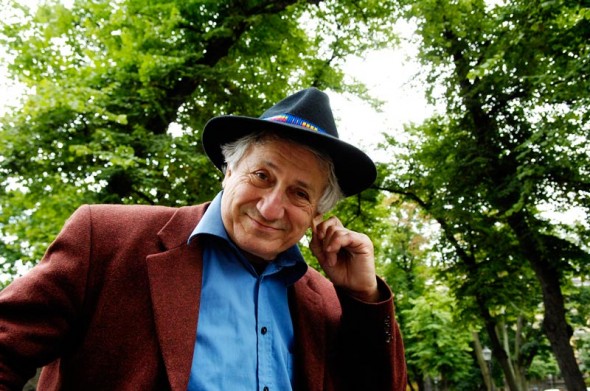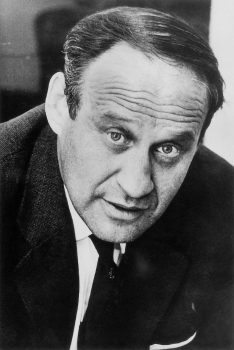Archive for December, 1980
Father
Issue 4/1980 | Archives online, Fiction, Prose
An excerpt from Laturi (‘The explosives expert’, 1979). Introduction by Pekka Tarkka
“It only took one good bash!” With tears in his eyes, chuckling and spluttering, Korppi, the sentimentalist, told the story of Linda’s love affair. Korppi hadn’t been an old codger then; like Chekov’s Versinin, he could have been dubbed the love-lorn major, although he was only a lieutenant for he had loved little Linda when he had been an officer guarding the refugees interned on Suursaari: interned not for their safety but for the protection of his country. “She loved getting parcels, oh yes, but she didn’t give a damn for me! And did I take what belonged to me?
Yes! No! I nibbled here and there but I never swallowed a whole bite … On the other hand, there were some who took a bite and swallowed it, one of them was called …”
“Selim!” shouted Enver.
Selim, that jelly. He was Korppi’s subordinate on guard duty, and had he known the other fellow had been flirting with Linda he would have killed her! But how could he have known? What took place under a clump of hills along a wooded lake shore… More…
The strike
Issue 4/1980 | Archives online, Fiction, Prose
An extract from Täällä Pohjantähden alla (‘Here beneath the North Star’), chapter 3, volume II. Introduction by Juhani Niemi
With banners held aloft, the procession of strikers moved towards the Manor. It was known that the strikebreakers had arrived early and that the district constable was with them. Just before reaching the field the marchers struck up a song, and they went on singing after they had halted at the edge of the field. The men at work in the field went on with their tasks, casting occasional furtive glances at the strikers. Nearest to the road stood the Baron and the constable. Uolevi Yllö’s head was bandaged: someone had attacked him with a bicycle chain as he left the field at dusk the evening before. Arvo Töyry was in the field too, the landowners having agreed that those who had got their own harrowing and sowing done should lend the others a hand. Not all the men in the field were known to the strikers. The son of the district doctor was there they noticed, and the sons of several of the village gentry, as well as the men from the smallholdings. More…


